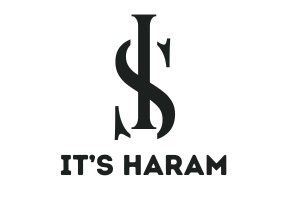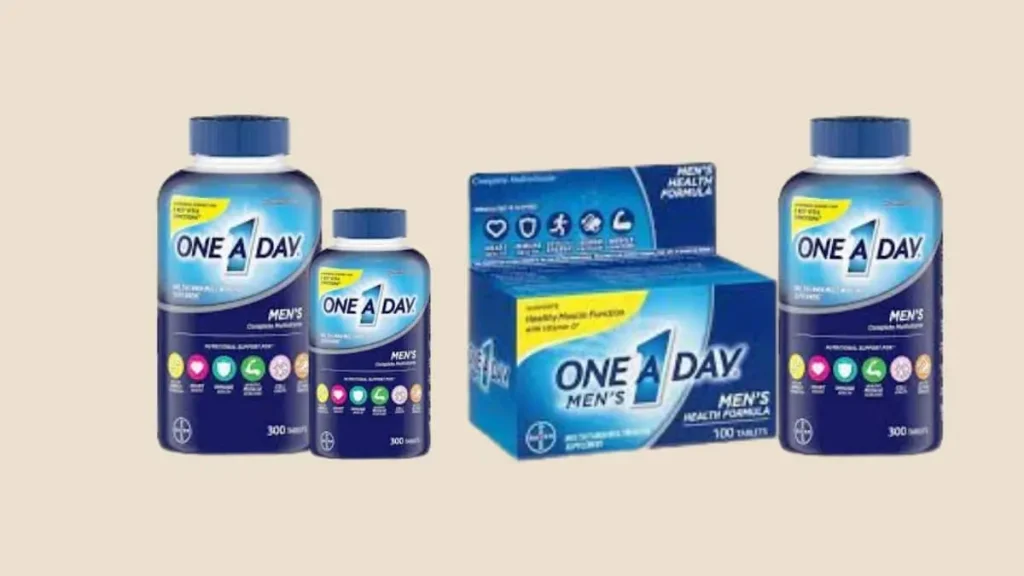In pursuit of a healthy lifestyle, many individuals turn to multivitamins to meet their nutritional needs. For those following halal dietary guidelines, the question is: Is a one-day multivitamin halal?
This article will discuss whether the ingredients and manufacturing processes of one-day multivitamins comply with Halal principles.
What is a one-a-day multivitamin?
One A Day is a brand of multivitamin and mineral supplements. It is designed to meet the deficiencies of vitamins and minerals required in a person’s diet.
These supplements fill the nutritional gaps in the human body and enhance its proper functioning. By doing so, the overall health and body lead to beneficial results.
Key features of a one-day multivitamin include
Comprehensive Nutrient Blend: A one-day multivitamin packed with nutrients to supply the vitamins and minerals the human body needs. These include vitamins A, C, D, E, and various B vitamins and minerals such as calcium, iron, zinc, and magnesium.
Tailored Formulations: One A Day offers different formulations to meet the specific health needs of people of different ages and genders. For example, formulations are designed for men, women, seniors, and prenatal vitamins for expectant mothers.
Specialized Formulas: Besides regular multivitamins, One A Day may offer specialized formulas targeting specific health concerns, such as immunity, energy, heart, and eye health.
Quality Assurance: A Day is manufactured by reputable pharmaceutical and nutritional supplement companies. Who adheres to strict quality control and manufacturing standards. These measures help ensure the safety, purity, and efficacy of products.
Benefits: As the name suggests, One A Day means that taking one tablet or capsule daily is sufficient for essential vitamins and minerals. This convenience makes it easy for individuals to meet their daily energy needs.
Is One A Day multivitamin Halal?
Yes, usually, a one-day multivitamin is halal. Because there is nothing haram in its ingredients, but if you know with accurate information that a daily multivitamin contains any haram ingredients, then it will be haram.
Because a daily multivitamin is an essential vitamin that helps calcium function properly. It also helps keep bones strong, skin healthy, hair healthy, and mind healthy.
If you are unsatisfied with whether a daily multivitamin is halal, you can take the daily sun. Sunlight is the primary source of this vitamin. If you can apply the sun for 10-15 minutes in the morning, your body’s need for this vitamin will be fulfilled. In addition, all milk and dairy products, such as curd, yogurt, etc., contain this vitamin.
Why a daily multivitamin Halal?
There are many reasons why one-day multivitamin is halal. Here, we are discussing its material-making process in detail. From here, you will understand why we call it Halal. However, there may be isolated reasons which may make one-day multivitamins haram.
Material analysis
A one-day multivitamin usually contains various vitamins and minerals needed for overall health. The primary concern for those looking for halal products lies in the source of these ingredients.
Fortunately, many reputable multivitamin brands, including One A Day, use plant-based sources for their ingredients, avoiding animal-derived or non-halal ingredients.
Ingredients in a daily multivitamin include vitamins A, C, D, E, and various B vitamins, along with minerals such as calcium, iron, zinc, and magnesium. These ingredients are often sourced from halal-friendly alternatives, ensuring compliance with Islamic dietary guidelines.
Manufacturing process
Apart from ingredient sourcing, manufacturing processes play an essential role in determining the halal status of a product. Like many other pharmaceutical and supplement companies, One A Day adheres to strict quality control and manufacturing standards.
To maintain halal certification, companies often implement dedicated measures, such as isolating production lines, ensuring equipment cleanliness, and regularly inspecting raw materials.
The risk of cross-contamination can be a concern in facilities that produce various products with non-halal ingredients. However, reputable companies know these challenges and take necessary precautions to prevent such problems.
Halal certification
For customers seeking assurance of the product’s halal status, it is recommended to check the official certification. Many halal certification organizations exist worldwide, and products that meet their criteria carry a recognized certification logo.
Although not all halal products carry a certificate, this can be a helpful indicator for those looking for extra confidence in their choice.







